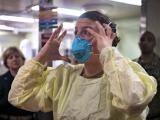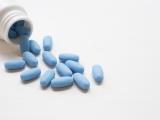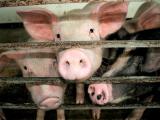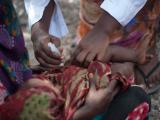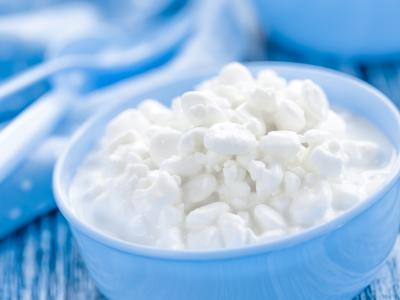Apr 21, 2010 (CIDRAP News) – The World Health Organization's (WHO's) vaccine advisory group recently agreed to keep in place its guidance on pandemic H1N1 vaccines and discussed contamination issues related to the Rotarix rotovirus vaccine.
The WHO's Strategic Advisory Group of Experts (SAGE) met Apr 13 to 15 in Geneva, where pandemic vaccine was one of several agenda items. It was the group's first meeting since late October, when it issued a recommendation for a single pandemic vaccine dose for most age-groups.
The group published an interim report on the meeting today on the WHO's Web page and said a final report on the meeting will appear in the May 28 issue of the organization's Weekly Epidemiological Record.
The report says SAGE recommended no changes regarding vaccination priority target groups or number of doses. Members also heard presentations on vaccine safety, which revealed no concerns. "No new safety signals have arisen with more than 570 million doses distributed worldwide, and 350 million doses administered," they said in the report.
At the meeting they heard a routine update from a Dec 2009 meeting of the Global Advisory Committee on Vaccine Safety (GACVS), along with information that came from a special GACVS teleconference on Mar 25 about DNA from porcine circovirus type 1 (PCV1) found in Rotarix, an oral rotavirus vaccine made by GlaxoSmithKline. They also received updates from the manufacturer, regulators, and virologists who are investigating the findings.
On Mar 22 the US Food and Drug Administration (FDA) recommended that healthcare providers temporarily suspend the use of Rotarix in the United States while the agency investigated the presence of PCV1 DNA in the vaccine, which it said showed no evidence of a safety risk. A US academic research team, using a novel technique, found the DNA in the vaccine. Follow-up studies showed that the PCV1 viral components have been in the vaccine since early in its development.
In noting that PCV1 is not known to cause disease in humans or animals, the SAGE group pointed out that it is often found in food products and has been detected in stool specimens of healthy children who have not received the Rotarix vaccine. They said the vaccine's safety is supported by large clinical trials and extensive postlicensure safety experience from more than 60 million administered doses.
The GACVS viewed that the Rotarix vaccine's benefits far outweighed any known risk, and SAGE recommended that its use continue. "Given the absence of any known risk, SAGE strongly recommends the continued use of Rotarix for immunization programs, in particular in those parts of the world with under-5 mortality associated with rotaviruses," the group wrote.
See also:
Apr 21 WHO SAGE interim report
WHO SAGE group Web page
http://www.who.int/immunization/sage/en/


